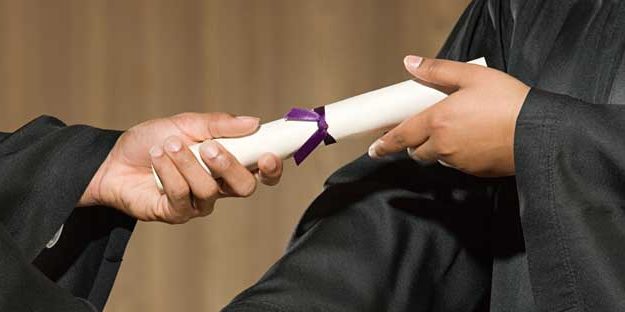Nearly 500% increase in unconditional offers made in past five years
The number of unconditional offers made to 18-year-olds by UK universities has hit a new high of 97,125 this year, increasing nearly 500% in half a decade.
This is against 16,300 offers made five years ago, according to recently released data by Universities and Colleges Admissions Service (UCAS).
Amounting to a rise of 496% since 2014, unconditional offers were made to two in five applicants from England, Northern Ireland and Wales this year.
Increasing use of unconditional offers was criticised by Sam Gyimah, a former Universities Minister, as an “irresponsible” way to act, “undermining the credibility of higher education”.
Other UCAS figures include 22% more Chinese students entering courses in the UK this year, and the gap between the most and least advantaged students entering top universities narrowing by 8%. Students with a declared mental health condition also increased by roughly 20%.
Meanwhile, there has been a rise in “conditional unconditional” offers, which ignore A-level results to offer the student a place at university, as long as said institution is their first choice.
This year, one in four university applicants England, Northern Ireland and Wales from received an offer of this nature, increasing from 53,355 to 64,825 in the past 12 months.
21% of students who were given this offer – most popular among communication and media degrees, followed by humanities and liberal arts – accepted the conditions, down five percentage points from five years ago.
This practice has more to do with the frenetic scramble to put ‘bums on seats’ than the best interests of students
– Geoff Barton
Conditional unconditional offers have been criticised by former Education Secretary Damian Hinds and General Secretary of the Association of School and College Leaders (ASCL) Geoff Barton, among others.
“This practice has more to do with the frenetic scramble to put ‘bums on seats’ than the best interests of students,” Mr Barton said. “It also encourages (students) to choose university courses which may not be their best option.”
Mr Hinds deems “conditional unconditional” offers “unethical” and wrote to institutions requesting for termination of this practice, amid worries about the global reputation of English universities forcing students “into a corner” by pressuring them to make rapid decisions.
In 2015, student number controls were lifted in England, which gave universities the freedom to welcome as many undergraduates as they wanted, but led to worries about allowing institutions to pursue the largest possible revenue rather than education.
As a result, the increase in unconditional offers responds to the aggressive competition to recruit students and cash in their fee payments, according to critics.

Comments